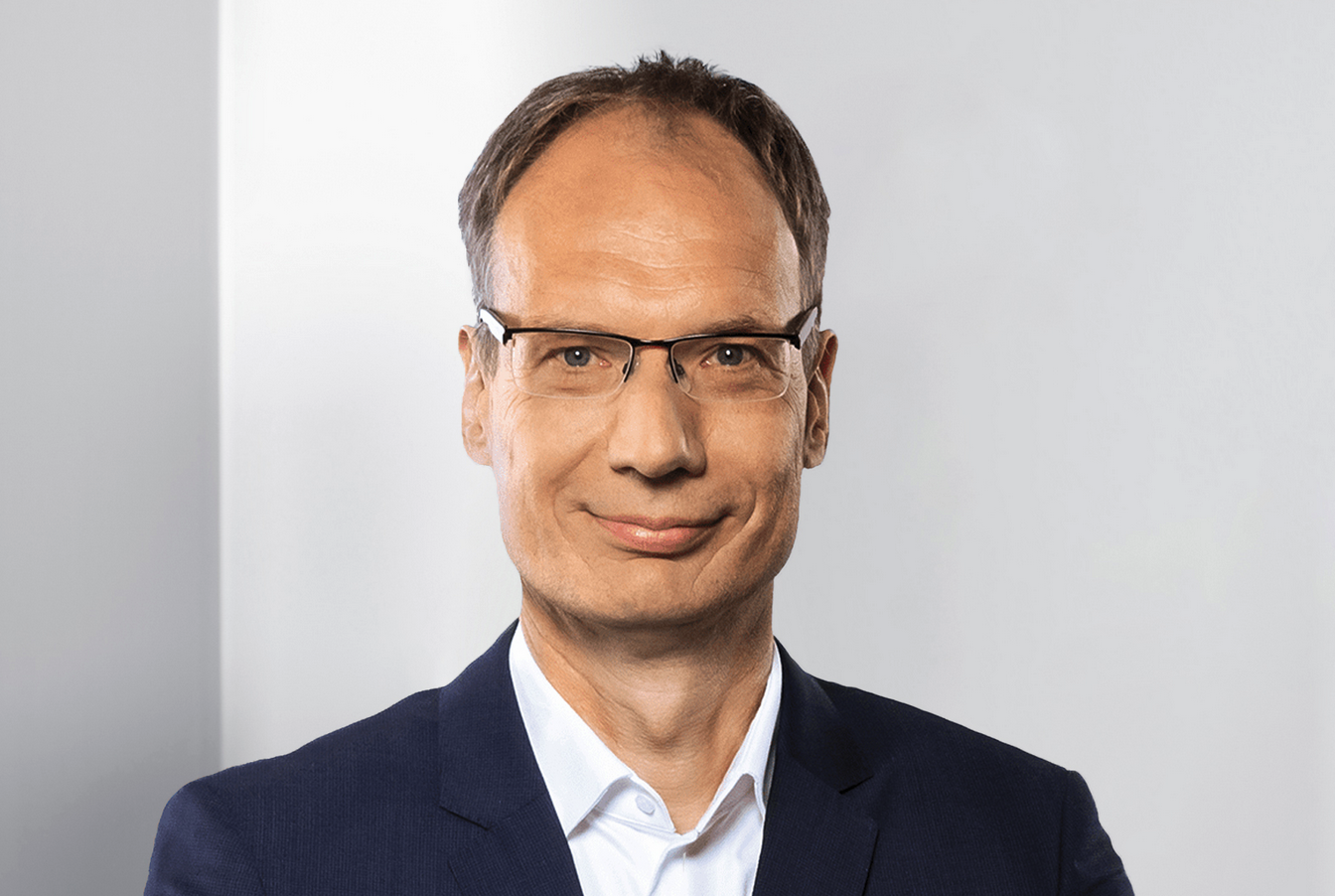
Third Nikola CEO ex-Opel boss Lohscheller quits his job

After a brief period in Vietnam with VinFast, former Opel CEO Michael Lohscheller joined American electric truck start-up Nikola as President to become CEO in January and leaving in August 2023 /Nikola
American electric and fuel cell truckmaker Nikola keeps on sailing through stormy waters. Its third CEO in a row, Michael Lohscheller, the e


Comments
Ready to join the conversation?
You must be an active subscriber to leave a comment.
Subscribe Today